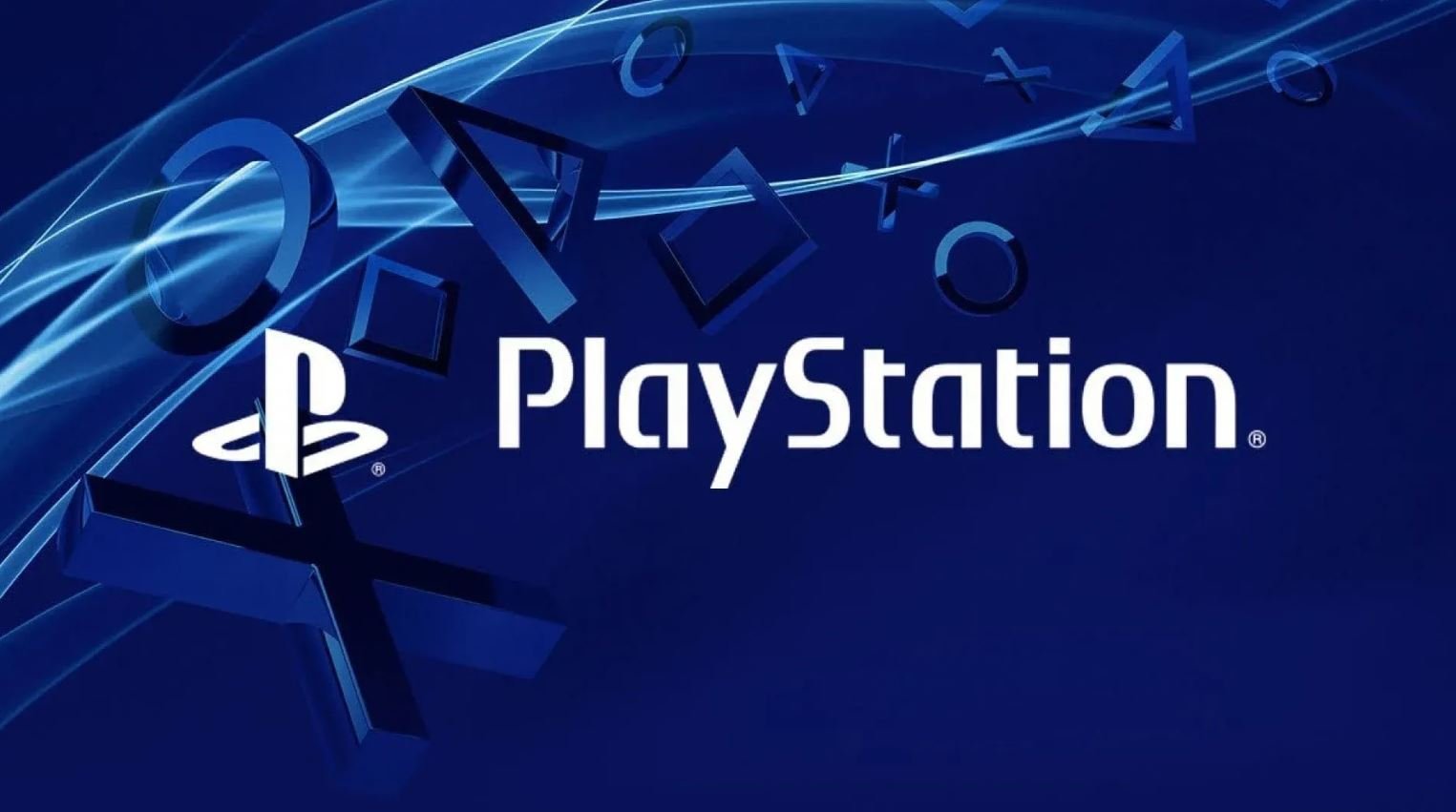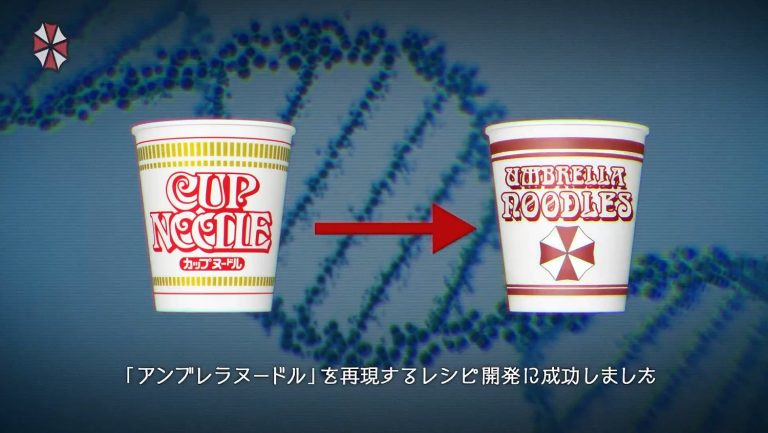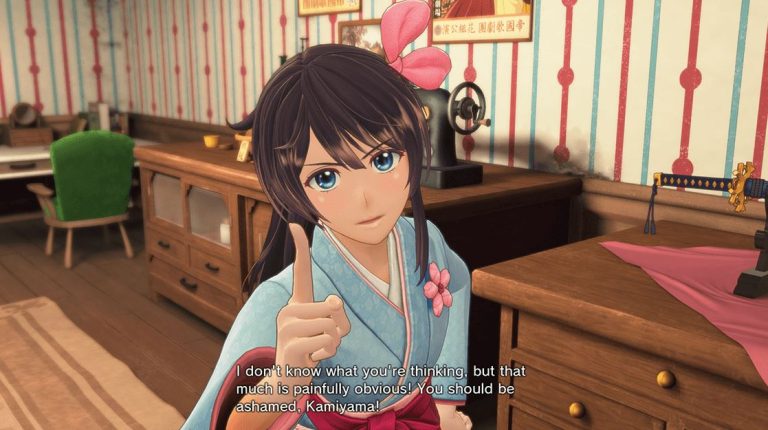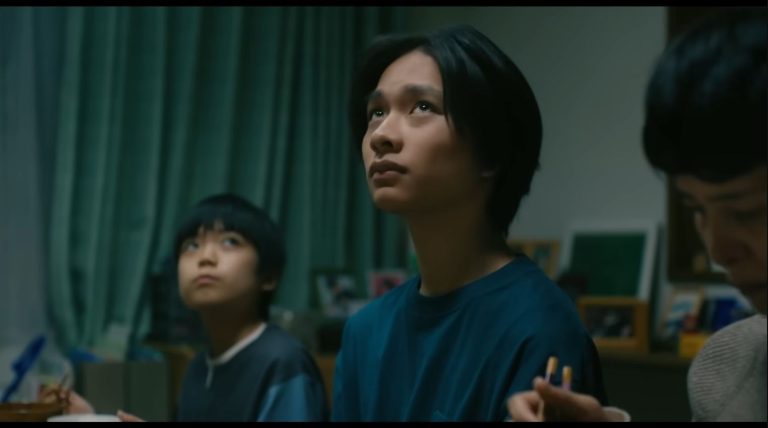Sony veteran Shuhei Yoshida recently gave an in-depth interview to AV Watch, offering various insights based on his 30+ years of experience working at PlayStation. Apart from talking about how Square Enix’s NieR: Automata revived Japan’s game industry and the challenges SIE faces in future console development, Yoshida touched on PlayStation’s recent change in strategy when it comes to first-party games.
He explains that the primary mission of first-party games used to be, as you’d expect, to make the console successful, and the way they were marketed also reflected this approach. However, according to Yoshida, this changed last year, when Sony shifted its focus to the growth of first-party games as a standalone business.
“Now, PC ports are possible, but in my time, it was prohibited to bring [first-party games] to PC. It was acceptable for small-scale digital only releases, but AAA games were only allowed to be released on PlayStation.” However, repositioning first-party games as a standalone business, rather than something that exists for the purpose of growing the platform, made it possible to expand to PC.
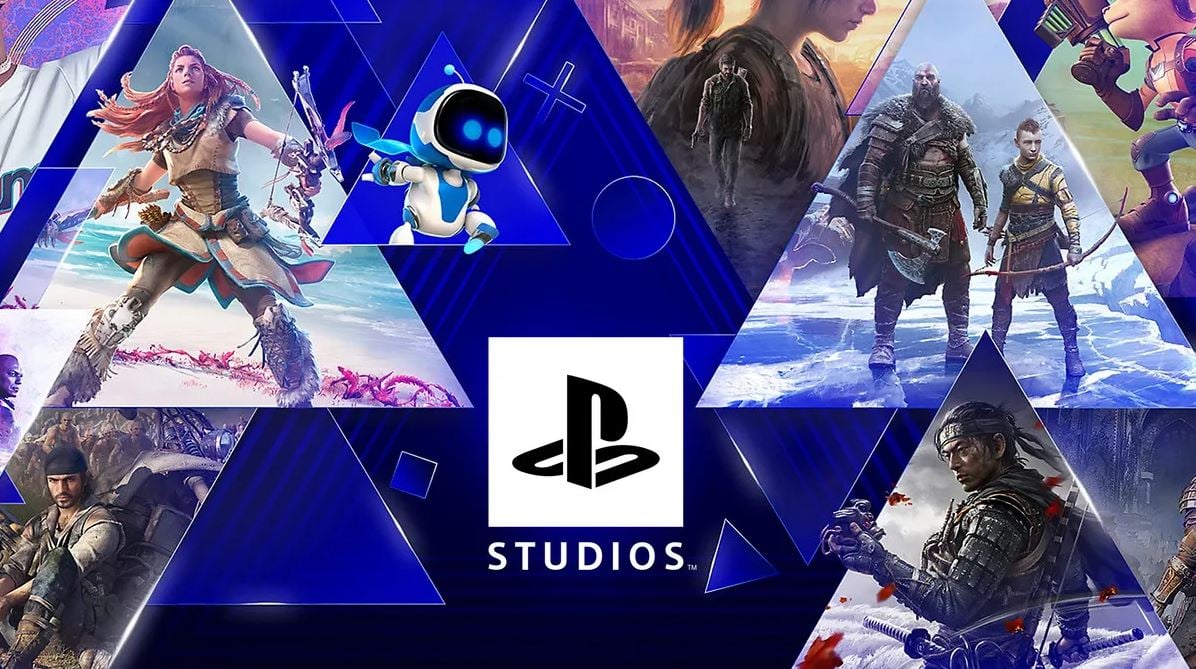
“With online games, you need a good number of players, so those can be released simultaneously for PC, and for single-player games, you can release them on PC after a year or two has passed and make even more money.”
Yoshida goes on to explain that this approach can, indirectly, lead to the console’s growth by popularizing IPs: “In regions like China where PCs are more popular than consoles, you may not be able to get users to buy the hardware immediately, but you can familiarize them with an IP, and tell them that they can expect new games of that IP on the PlayStation.”
While sharing an overall positive outlook on the expansion to PC, Yoshida also emphasizes that the popularity of gaming PCs doesn’t threaten the role of consoles, in his opinion. The main reason for this is that consoles ensure the same environment for each player, allowing “perfect tuning.”

